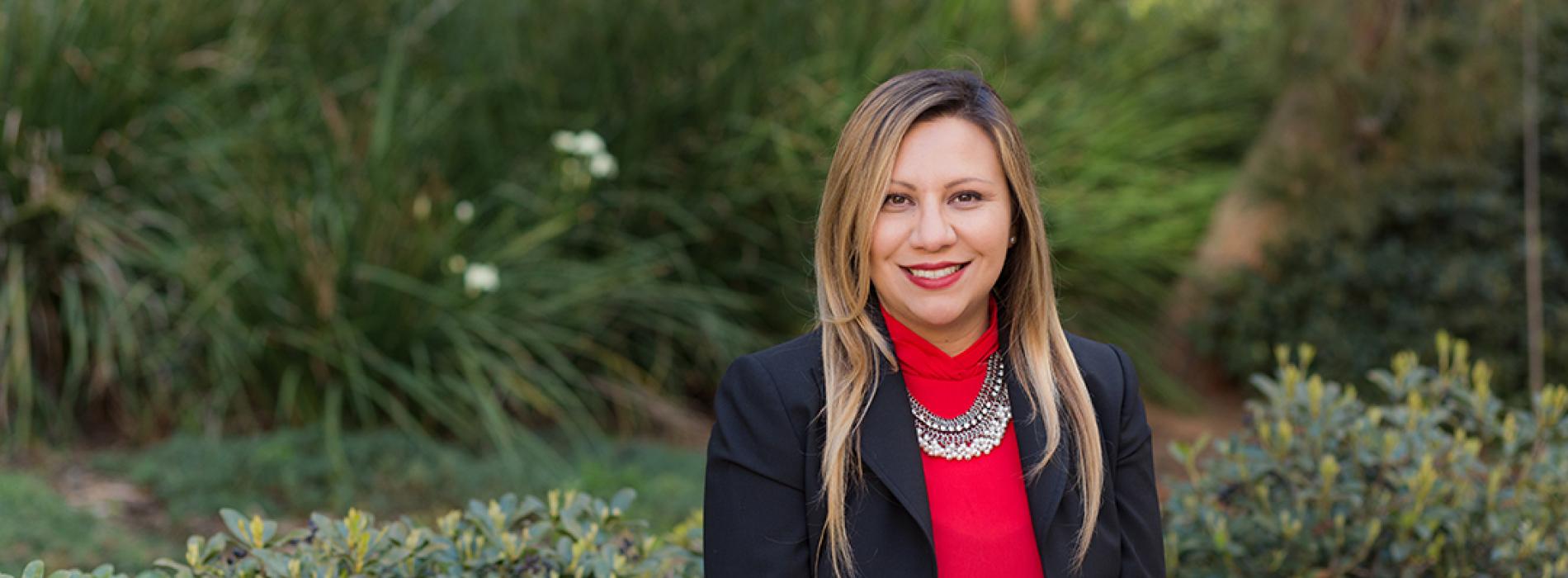
Degree: Ph.D. in Planning, Policy, and Design
Graduated: 2021
Home town: San Luis, Ariz. and Gilroy, Calif.
Why did you choose the School of Social Ecology?
Before enrolling in graduate school, I worked in local politics in Tucson, Ariz. One of the reasons I chose planning as a profession and the School of Social Ecology more specifically had to do with my frustrations in the field. We spoke frequently about the sociological barriers for political and civic engagement (such as voter suppression based on gender, race, or class) but we rarely spoke about physical and environmental barriers (such as a lack of bus lines, sidewalks, and safe routes to polling locations etc.). After finishing my masters in planning at the University of Arizona in 2014, I wanted to further explore these relationships as they related to Chicanos. What better place than a school founded on the principles of exploring the relationship between humans and their relationships with their environment?
How did you grow interested in your current field of study?
My parents were farm workers and I grew up on the migrant trail between San Luis and Gilroy. San Luis is a small border town in southwestern Arizona and Gilroy is an agricultural town located in the central valley of California. As a professional, I’ve worked in the public and nonprofit sectors. My work in the nonprofit sector focused on civic engagement and education advocacy. Knowing about the environmental barriers to civic engagement got me interested in urban planning as a profession that highly impacts such issues. My current research interest involves the role of the state in perpetuating informal housing settlements on the U.S.-Mexico border.
What has been your most memorable or significant experience so far at UCI?
My overall experience at UCI has been transformative, but I would have to say that the research opportunities I have been able to be a part of have made a significant impact on my intellectual growth. I have been able to engage in highly meaningful and interdisciplinary work that has completely changed the way I look at myself as a researcher and the important role research plays in society.
How do you envision your degree from UCI opening doors for you or benefitting your career?
UCI is a top-tier public university that comes with a certain level of prestige. Further, the intellectual community at this institution is highly regarded. I have been given the opportunity to learn from some of the most respected intellectuals in my field and to collaborate with world-class students. I envision that my degree from UCI will prepare me for a highly competitive job market, but most important it will provide me the skills needed to bring the knowledge I gain to the communities I work with in an attempt to make life better for the most vulnerable in society.